An extensive new study carried out in Germany and Poland has revealed widespread societal support for rewilding and the return of wildlife in the Oder Delta. It also highlighted the need to continue promoting the benefits of nature recovery and the restoration of natural processes – particularly to people living in and around the delta.
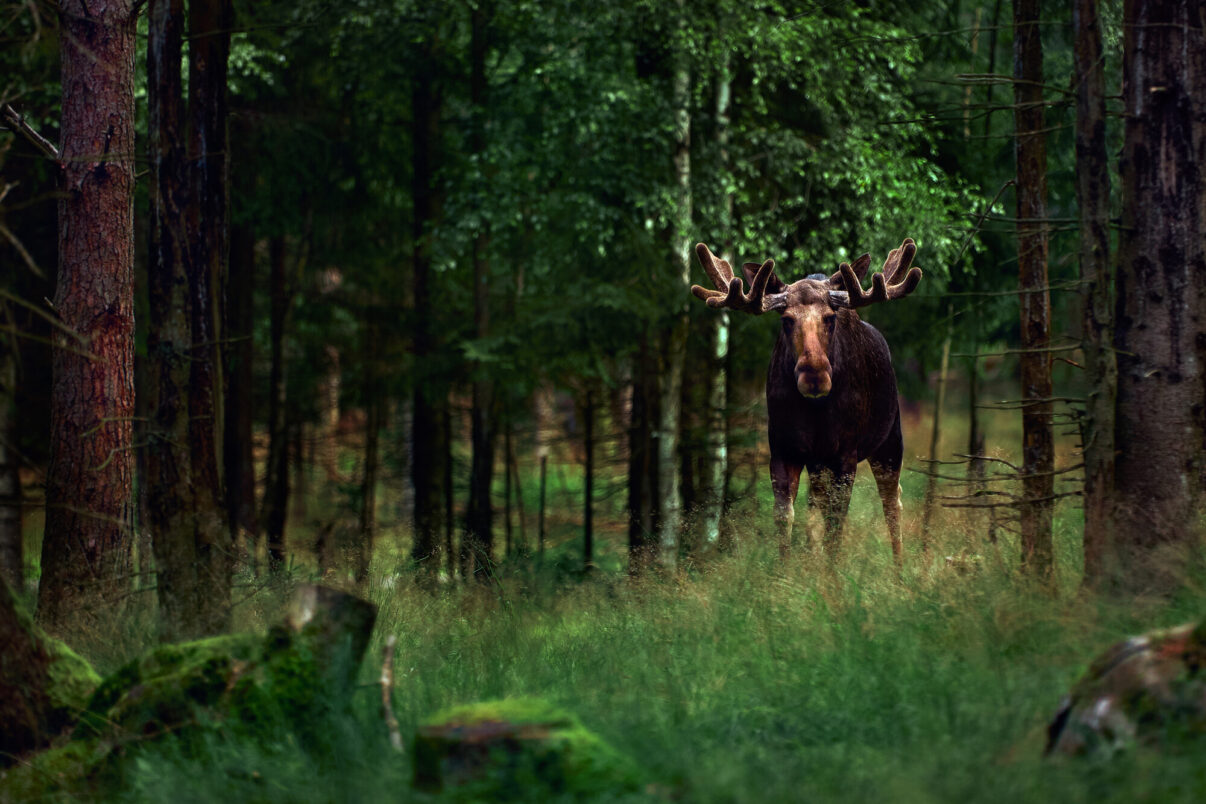
A widespread preference for rewilding
A new study, involving online surveys of over 2000 people across Poland and Germany, has found that the majority of participants favour the return of large carnivores and herbivores – such as grey wolves and Eurasian elk – in the cross-border Oder Delta region. Those surveyed were selected to provide a representative sample of the respective national populations, based on factors such as age, gender and income. The Rewilding Oder Delta team, who contributed to the design of the study, are engaged in a wide range of measures that support wildlife comeback, restore natural processes, and promote coexistence.
The Oder Delta, which extends over 450,000 hectares across the northern border between Germany and Poland, is particularly suited to wildlife comeback. It comprises diverse natural habitats – such as riparian forests, standing and flowing water, open and semi-open inland dunes, and heathlands – and is surrounded by a diverse landscape of forests, rivers, and wetlands. Species such as Eurasian elk, grey wolf, and Eurasian beaver are at various stages of recolonisation – supported by coexistence measures on both the Polish and German side – while European bison are gradually moving eastwards towards the delta from Poland.
“The approach taken in the survey allowed us to calculate the respondents’ willingness to pay for different management interventions in the delta,” explains lead author of the study Rowan Dunn-Capper, who is attached to the German Center for Integrative Biodiversity Research (iDiv) and the Martin Luther University Halle-Wittenberg (MLU). “Despite some geographical variation, we found an overall preference for rewilding among participants, compared to land use intensification.”
“At a general level, I think our findings show that rewilding has the public acceptance to become mainstream across Europe,” adds senior author Professor Henrique Pereira, Head of Biodiversity Conservation at MLU and iDiv.
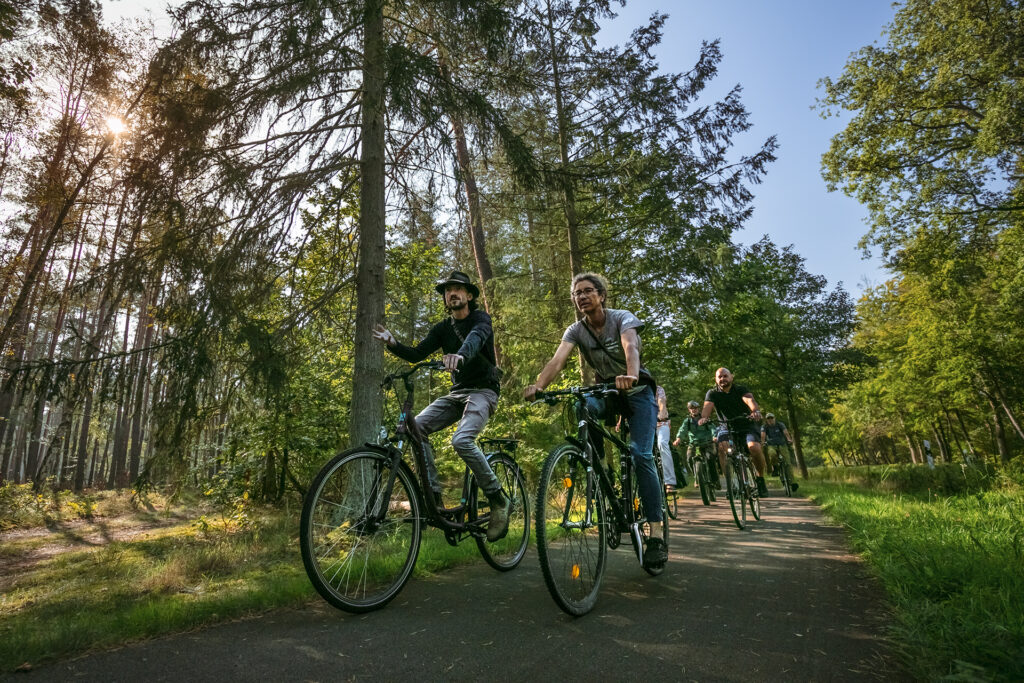
Surprising results
The results of the study, which was carried out by a team of researchers led by (iDiv) and (MLU), were published in an article in the British Ecological Society’s People and Nature journal. Participants were presented with different rewilding scenarios in the Oder Delta, with most people at a national level showing a preference for the return of a healthy and functional nature. A willingness to pay for scenarios in which large animal species were present in the delta was almost three times larger than for restoring natural elements of the landscape.
“To find such a preference was surprising given the often-negative portrayal of large animal species, notably the wolf, in the popular media,” says Rowan Dunn-Capper. “It suggests the public in Germany and Poland may be more supportive of wildlife return in the delta than first thought.”

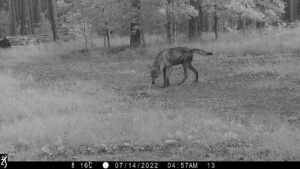
Broadly positive support
The rewilding scenarios presented to participants in the survey included the conditions of rivers and forests in the delta, as well as the presence of large animals such as Eurasian elk, Eurasian lynx, and grey wolves. In addition to a “status quo” option – which represented an intensification of land use in the delta – respondents were presented with two alternative scenarios with varying biodiversity benefits.
Importantly, only the status quo option came at no additional cost. The two alternative options were associated with tax payments to fund the necessary rewilding interventions, meaning that respondents were faced with a trade-off: an increase in benefits provided by nature, in conjunction with an increase in taxes. While a willingness to pay for the return of large animals was highest, respondents in both Germany and Poland also showed a strong preference for rewilding forests, rivers, and agricultural land.
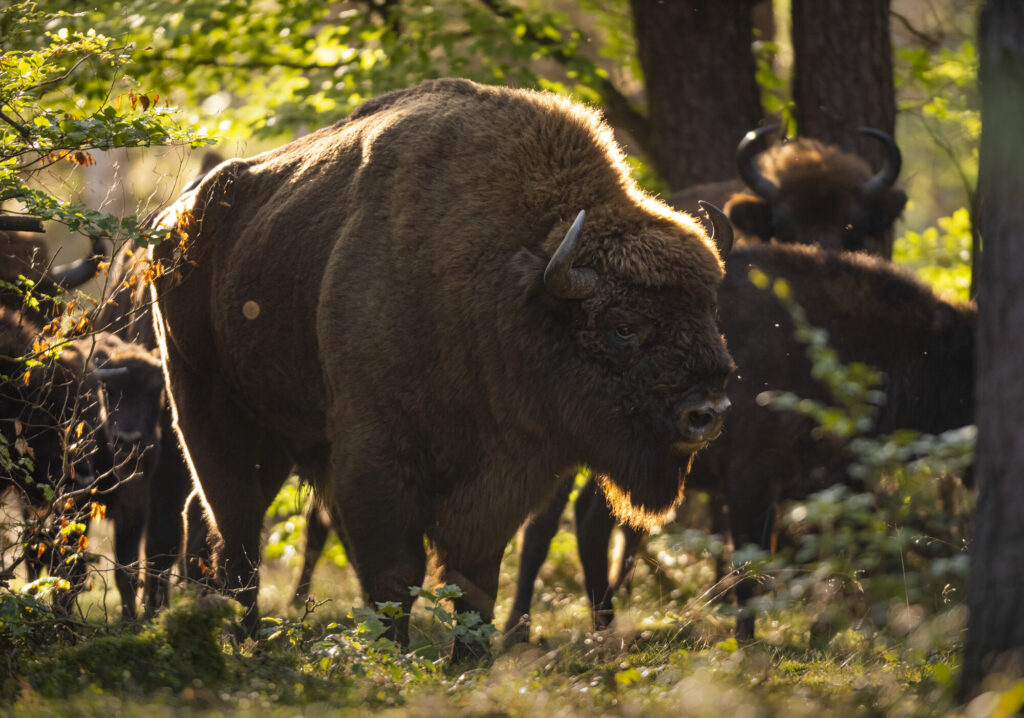
Implications for future rewilding
Around 100 people surveyed in both Germany and Poland lived within 100 kilometres of the Oder Delta. Compared to the national level, these participants showed some reservations about rewilding, which has potential implications for stakeholder engagement and ongoing measures to promote human-wildlife coexistence. Some expressed a reluctance to move towards natural flooding regimes, and to support the return of large predator species.
The findings of the study show how important it is to understand public sentiment towards rewilding. They also underscore the need for inclusive and proactive conservation strategies that respect both local preferences and anticipate the return of wildlife.
“I think the results highlight that more in-depth consultations are needed with people living around the Oder Delta, and that while rewilding may have significant public support generally, for a given intervention to be successful we need to ensure locals are on side,” says Rowan Dunn-Capper.
“One of the key takeaways is that we need to keep focusing our efforts on conveying the benefits of rewilding to people across society, both in terms of natural processes and returning wildlife species,” say Izabela Skawinska-Luther, a communications officer attached to the Rewilding Oder Delta team. “So that when people hear the word ‘flooding’ or ‘wolf’, they have realistic associations based on facts.”
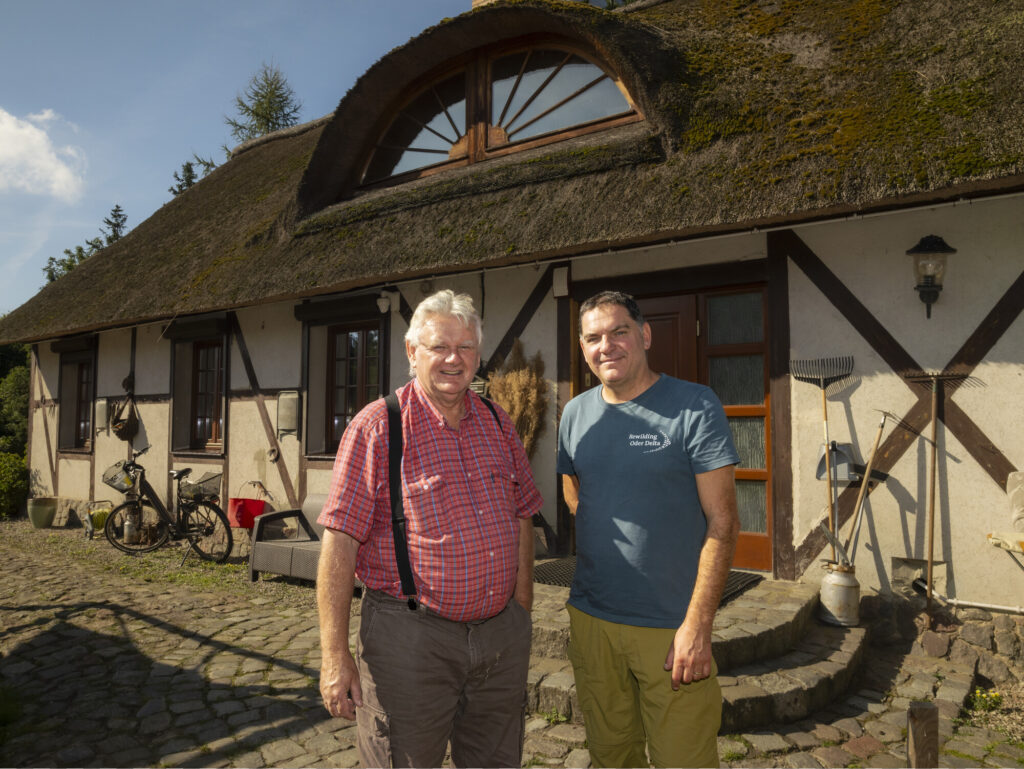
REWILD_DE
The new cross-border study provides useful background context for a three-year research programme entitled “REWILD_DE“, which kicked off in 2022. It involves four partners: the Helmholtz Centre for Environmental Research, iDIV/ MLU, the Eberswalde University for Sustainable Development (HNEE), and Rewilding Oder Delta. The programme, which is examining rewilding and the benefits it provides to both people and nature, could eventually lead to rewilding being scaled up across Germany, with the Oder Delta acting as a role model.
